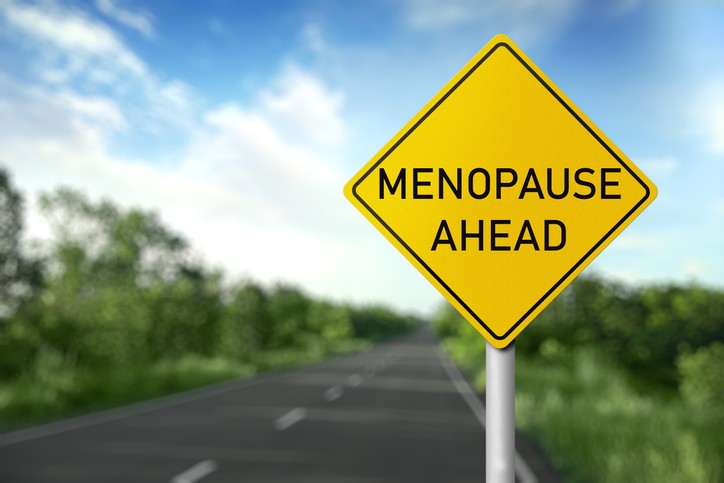
9 Things OB/GYNs want women to know about early menopause
UC College of Medicine expert featured on wellness site
Menopause doesn't typically happen until women reach their late 40s or 50s, but some experience early onset menopause. So, Well+Good put together nine things experts want women to know about why early menopause happens, if the treatment options are any different from regular menopause, and how it affects overall health.
Michael Thomas, MD, department chair and OB/GYN at the University of Cincinnati College of Medicine, offered his expertise for the article.
Early onset menopause is when the transition arrives ahead of schedule.
"Any menopause symptoms before 40 is considered premature menopause," said Thomas. He added that when menopause happens in your early 40s, it's considered menopause — but not premature.
It's important to differentiate the two because it helps providers order proper tests and provide the right treatment.
Both early onset menopause and menopause are preceded by something called perimenopause. Studies say this phase usually lasts about four years, but Thomas noted that sometimes, perimenopause might be shorter for those with early onset menopause.
There are a lot of myths surrounding what causes it to happen early — including stress, unhealthy diet, birth control etc. But the truth is the cause of early onset menopause is often unknown. There may be some specific conditions to blame.
“However, most of the time, no one knows why it happens,” said Thomas. He adds that it's important to run additional tests and rule out any potential causes before labeling early menopause as one of those things that "just happens."
He added, "Birth control pills don't stop future cycles or cause early menopause. It's been shown that on or off birth control pills, your average age to menopause is still the same."
Medical researchers can't say for sure that early menopause is 100 percent genetic, though there does seem to be a genetic component.
"If your mom went into menopause at age 38, there's a good chance you may go into menopause around that age, too," said Thomas. The same goes for older siblings and other maternal relatives.
Thomas explained that more time with low estrogen levels can lead to lower bone density and a higher risk of osteoporosis. He recommends starting bone density scans at an earlier age for those in early menopause.
Read about treatment options and when to see a health care provider.
Featured image at top: istock/Luidmila Chernetska.
Related Stories
9 Things OB/GYNs want women to know about early menopause
January 6, 2025
Menopause doesn't typically happen until women reach their late 40s or 50s, but some experience early onset menopause. So, Well+Good put together nine things experts want women to know about why early menopause happens, if the treatment options are any different from regular menopause, and how it affects overall health. Michael Thomas, MD, department chair and OB/GYN at the University of Cincinnati College of Medicine, offered his expertise for the article.
OncLive: ADCs emerge as exciting addition to ovarian cancer treatment
January 3, 2023
The University of Cincinnati's Caroline Billingsley, MD, was featured in a Q&A article on OncLive discussing the use of antibody-drug conjugates in ovarian cancer treatment.
55KRC: Late-stage cervical cancers on the rise in U.S.
September 12, 2022
The University of Cincinnati's Thomas Herzog, MD, was featured on 55KRC radio's Simply Medicine program to discuss a recent study that found that metastatic, or advance stage, cervical cancer cases are increasing in the United States.
